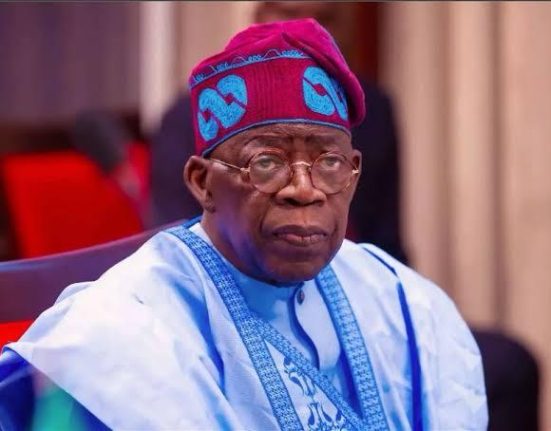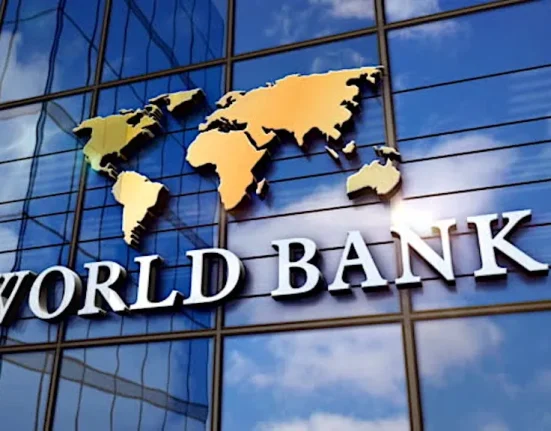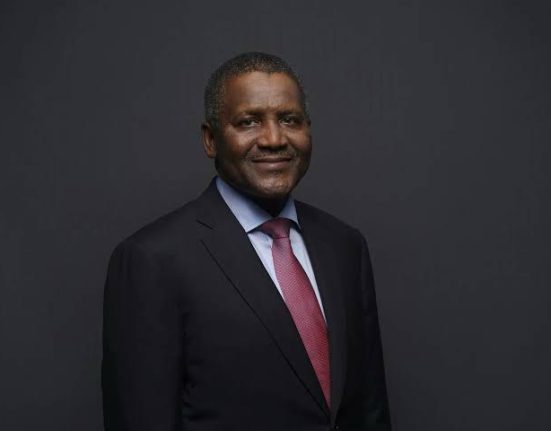The World Bank has raised concerns over Nigeria’s 2025 budget projections, describing the government’s assumptions of producing 2.06 million barrels of oil per day at $75 per barrel as overly optimistic. This skepticism stems from Nigeria’s current production levels, which hover around 1.6 million barrels daily, and the prevailing international oil price of approximately $60 per barrel.
In its May 2025 Nigeria Development Update, the World Bank acknowledged the country’s positive economic indicators but highlighted persistent high inflation as a significant challenge. The report emphasized that to achieve the government’s aspiration of a $1 trillion economy by 2030, Nigeria’s growth rate needs to accelerate substantially from its current rate of 3.8 percent.
The Federal Government, however, defended its budget assumptions, asserting that they are grounded in the country’s economic potential. Minister of Budget and Economic Planning, Atiku Bagudu, argued that Nigeria has the technical and physical capacity to meet the projected oil production levels, citing past achievements and the country’s premium oil grades that command higher prices.
The World Bank also pointed out that the full revenue gains from the removal of the petrol subsidy, estimated at 2.6 percent of GDP in 2024, have not been fully realized. Despite the subsidy being removed in October 2024, the Nigerian National Petroleum Company Limited (NNPCL) began transferring the revenue gains to the Federation Account only in January 2025 and has been remitting only 50 percent of these gains, using the rest to offset past arrears. The Bank emphasized that resolving any remaining net arrears and channeling the full benefits of subsidy reform to the Federation is critical for sound fiscal management.
To accelerate economic growth and create more and better jobs, the World Bank recommended a four-point strategy that includes addressing major infrastructure gaps, fostering healthy competition and market openness, improving access to finance for businesses, and enhancing policies in key sectors to unleash their potential.
Minister of Finance, Wale Edun, highlighted the government’s commitment to transparency in fiscal data and oil revenue, noting that a forensic audit of NNPCL is underway to ensure all monies due to the Federation Account are recovered. Central Bank Governor, Yemi Cardoso, emphasized the need for sustained economic stability, stating that the Central Bank has been proactive in managing risks to maintain stability.
At the state level, Plateau State Governor Caleb Mutfwang noted that despite increased revenue allocations, states face challenges due to decreased purchasing power and increased spending on security amid high levels of insecurity across the country.
As Nigeria navigates these economic challenges, the dialogue between the World Bank and the Federal Government underscores the complexities of balancing ambitious growth targets with realistic economic conditions.





